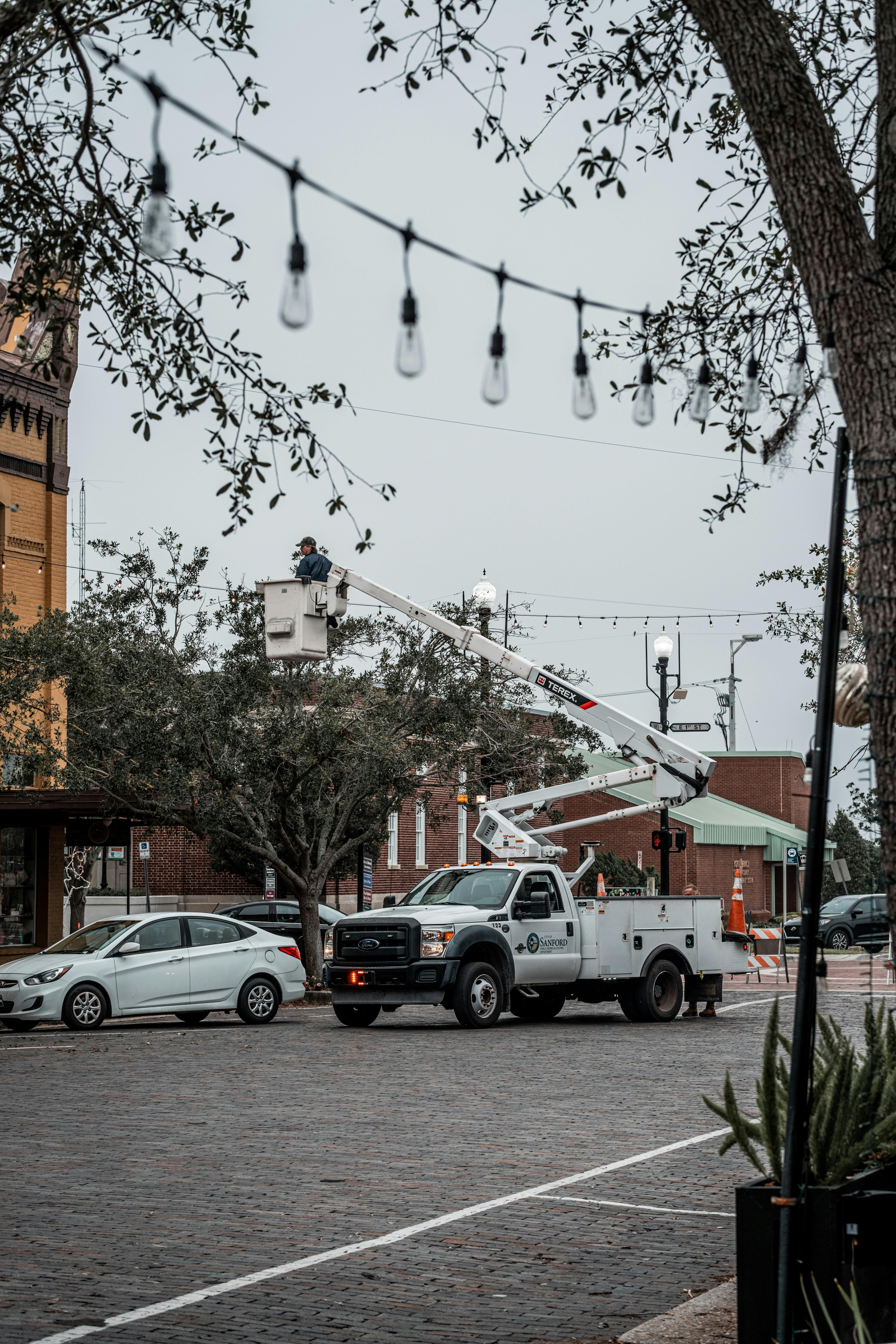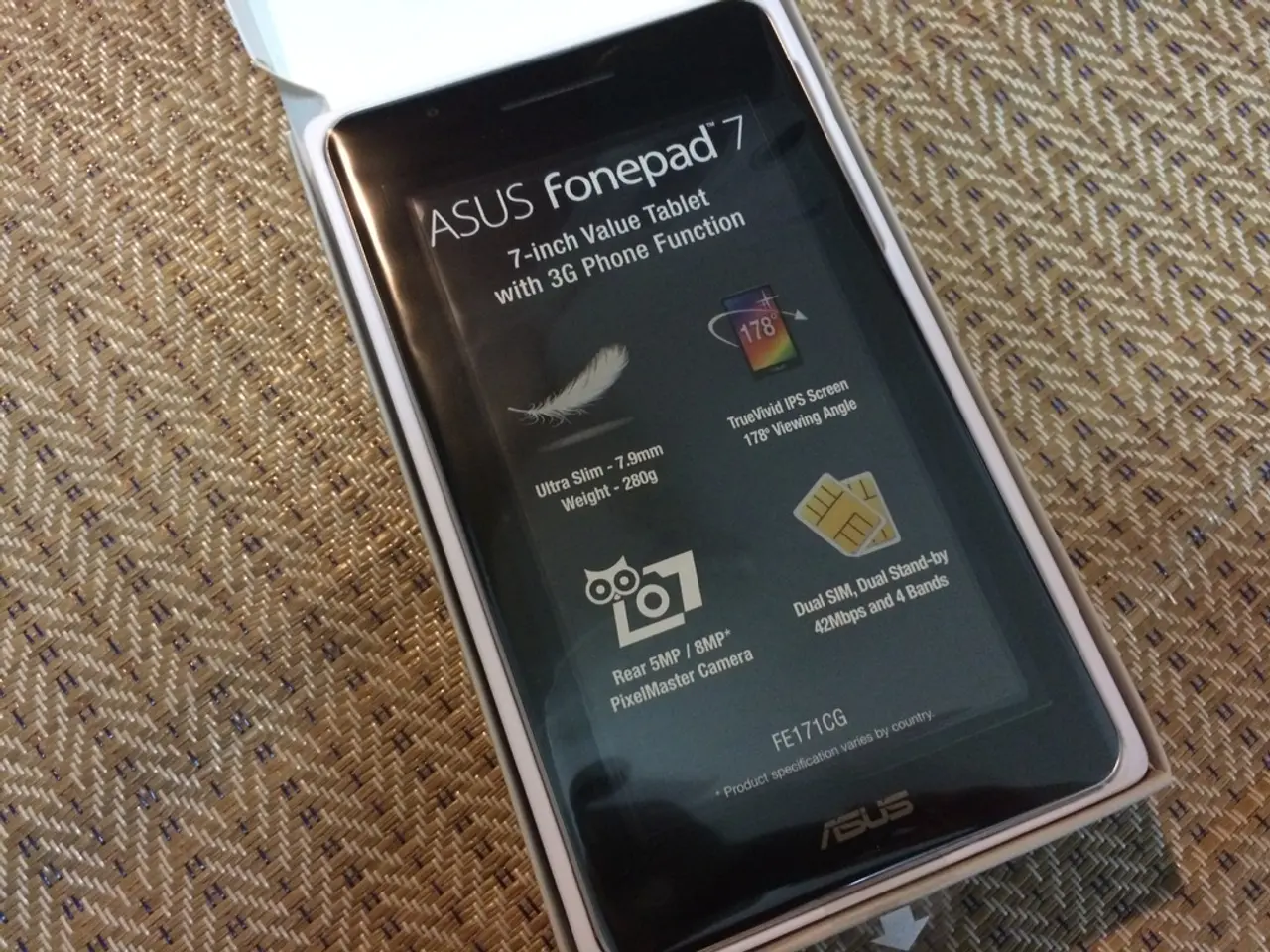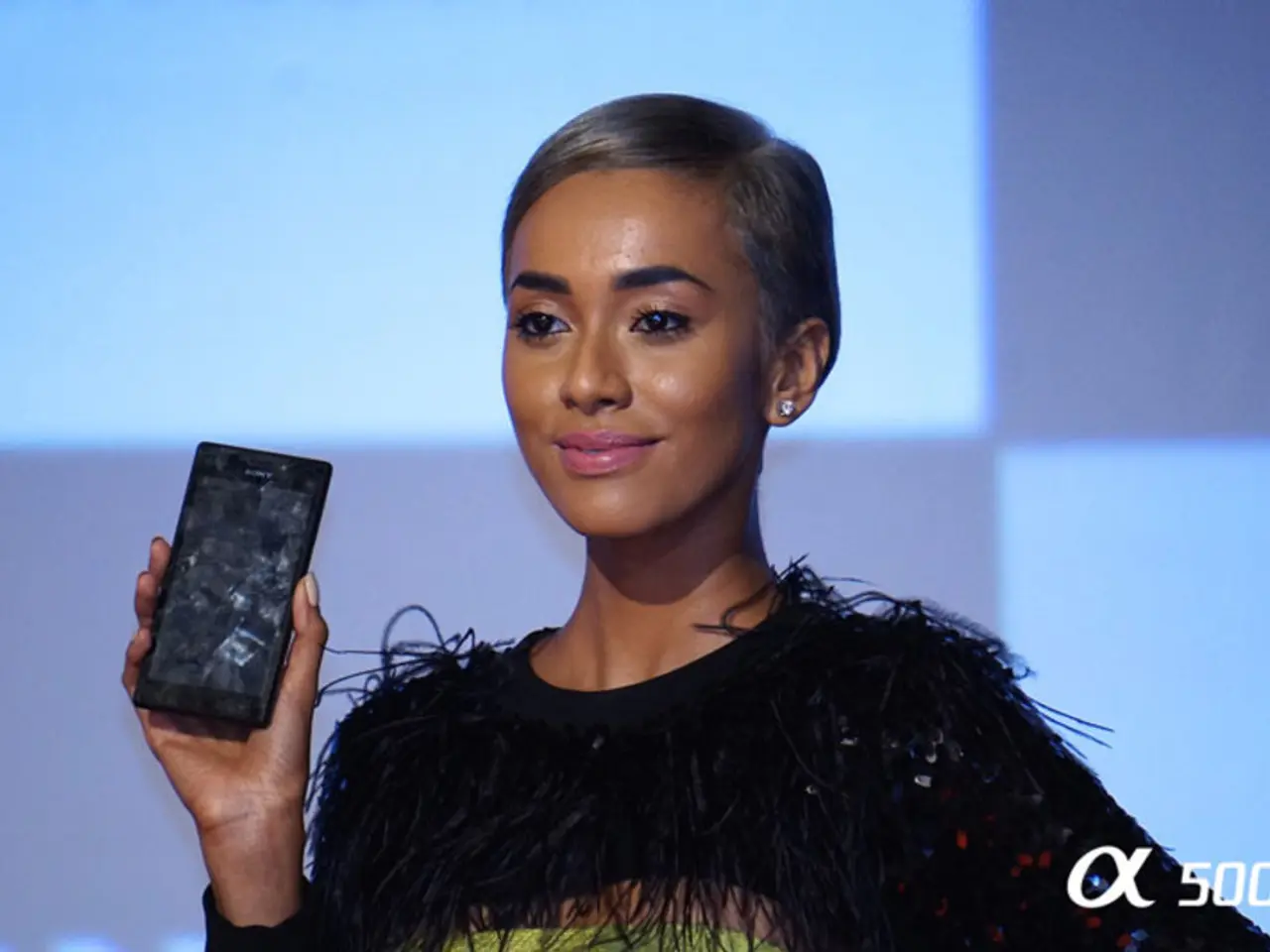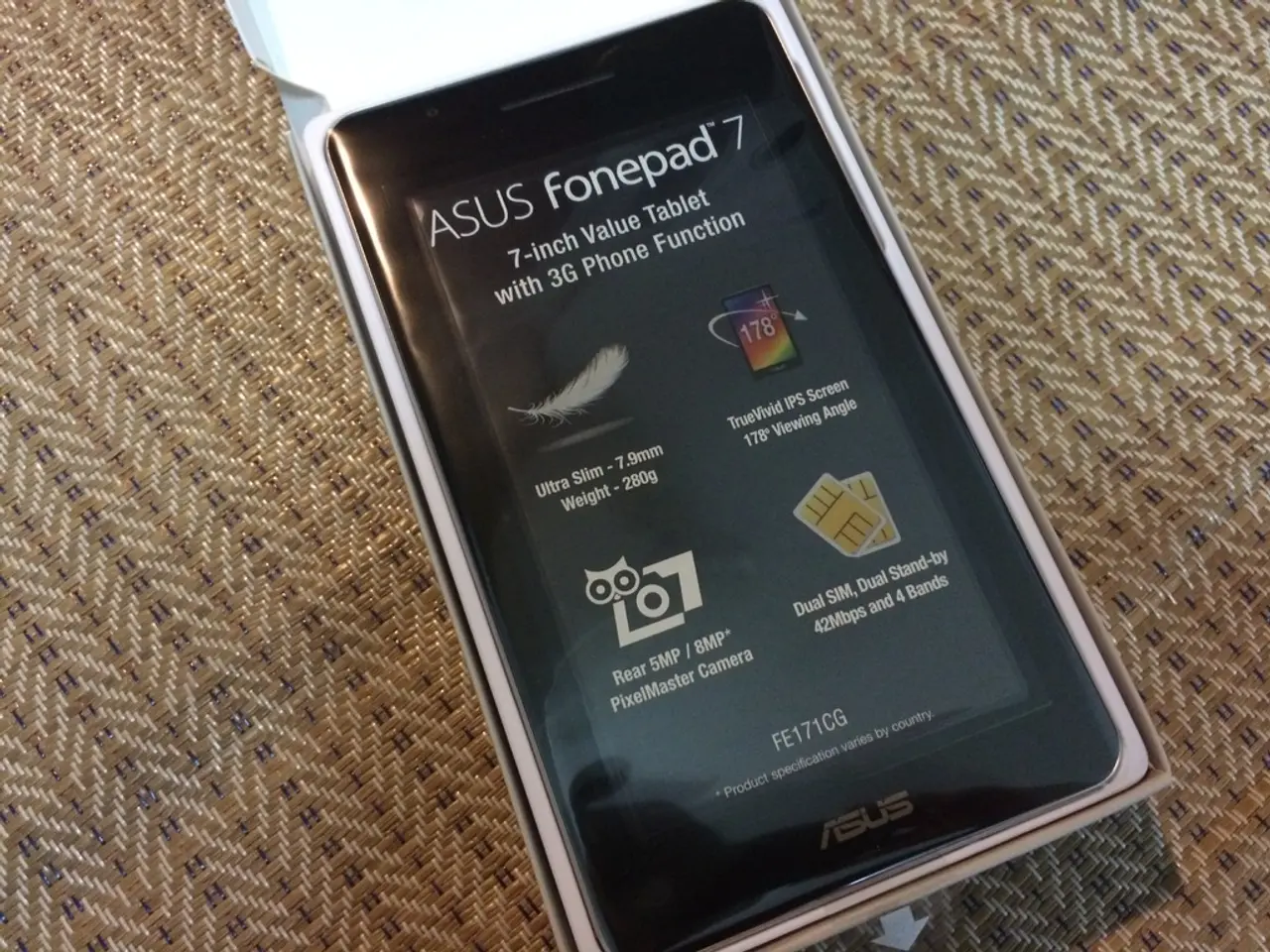A French Researcher's U.S. Entry Denial: A Chilling Sign of Authoritarian Tendencies
U.S. Denies Entry to French Scientist Over Trump Criticism: Allegation
In a blow to academic research and international relations, a French researcher was stopped at the U.S. border and denied entry based on critical texts about President Donald Trump found on their phone. The events have sparked a storm of controversy, with experts expressing concerns that the U.S.'s descent into authoritarianism could severely impact academic research in the near future.
This unidentified researcher, working for the French National Center for Scientific Research, was traveling to Houston on March 9 for a conference. U.S. Customs and Border Protection (CBP) conducted a so-called "random" check on the researcher, rumored to have taken place at an unnamed airport.
During the search, CBP officers discovered text messages that criticized Trump and his administration's approach to science research. The U.S. president and his billionaire sidekick Elon Musk have been systematically dismantling US federal government research programs, such as those at the National Institutes of Health, the Environmental Protection Agency, and numerous other agencies.
According to an unnamed diplomatic source, the researcher demonstrated a "hatred" towards Trump, potentially even justifying terrorism charges. However, the content of the messages remains unclear, and the Trump regime's track record of honesty leaves room for skepticism. On the contrary, France's minister of higher education and research, Philippe Baptiste, characterized the messages as personal opinions on Trump's research policy.
The FBI declined to confirm or deny an investigation into the researcher, referring all inquiries to CBP. CBP, now in possession of the researcher's devices, offered a vague statement to Gizmodo, attributing it to Hilton Beckham, Assistant Commissioner of Public Affairs.
"All persons arriving at a port of entry to the United States are subject to inspection on a case-by-case basis. If an individual has material discovered on their electronic media that raises flags during an inspection, it can result in further analysis," the statement read. The agency cited U.S. immigration law, ensuring that claims of politically motivated decisions are "completely unfounded."
However, CBP's authority to stop foreign nationals from entering the U.S. has long been a cause for concern, especially as reports pile up of people stopped at the border recently. Previously, someone traveling without a valid visa might be denied entry, but more and more stories reveal a growing aggression from American authorities, including detaining individuals in ICE facilities for extended periods and forcing them to undergo invasive medical tests.
Cases of abuse by U.S. authorities have made headlines recently. In one instance, Canadian woman Jasmine Mooney was subjected to invasive medical tests and shackled in chains while trying to enter the U.S. via Mexico near San Diego. Another case involved Fabian Schmidt, a German national with permanent residency in the U.S., who was "flagged" and transferred to a detention facility after being stopped upon returning from Luxembourg.
The U.S. has also flown people without trial to a notorious prison in El Salvador in a deal between the authoritarian president and the Trump regime. These practices, besides being illegal, could discourage researchers from visiting the U.S., as Trump's authoritarian movement continues to ransack the U.S. government, purging anyone who fails to align with his warped ideology.
In conclusion, the denial of entry to the French researcher serves as a chilling reminder of the dangerous political climate in the U.S., and the potential implications for academic research. As the Trump regime proceeds to dismantle critical research programs and obstruct freedom of speech, it's uncertain whether the U.S. will continue to be a safe haven for scholars and researchers.
Additional Insights:
- U.S. Customs and Border Protection (CBP): CBP officers have the authority to inspect all persons and property entering the U.S., including electronic devices, under federal law. Two types of searches are conducted: basic searches (manual review) and advanced searches (requires reasonable suspicion or national security concerns and involves data extraction).
- Political Opinions and Immigration: There is generally no policy specifically targeting individuals for their political opinions. However, cases like the French researcher's demonstrate the tensions between countries resulting from political views at the border. Denial of entry or detention typically stems from violations of U.S. laws or policies, such as holding confidential information without authorization.
- Device Searches: Refusing to provide access to devices may lead to device seizure, prolonged questioning, or denial of entry for non-U.S. citizens. Travelers are advised to minimize personal data on their devices, use strong passwords, and back up critical information before traveling.
- Technology and policymaking intersect as the U.S. government's approach to science research, under President Donald Trump, has raised concerns among researchers worldwide, particularly with the incident involving a French researcher and tech devices inspections at a U.S. border.
- The future of collaborative research could face ramifications as the French researcher's denial of entry might discourage other researchers, potentially diminishing tech-centric conferences and collaborative efforts in the tech sector.
- In Luxembourg, another instance of border control tensions emerged when a German national with permanent U.S. residency, Fabian Schmidt, was detained after returning from Luxembourg, highlighting international concerns over politically-charged inspections.
- The sentiments behind such incidents have rippled across the globe, underlining the critical need for maintaining academic freedom and upholding international standards as the tech sector relies heavily on open dialogue and the sharing of ideas for progress.






